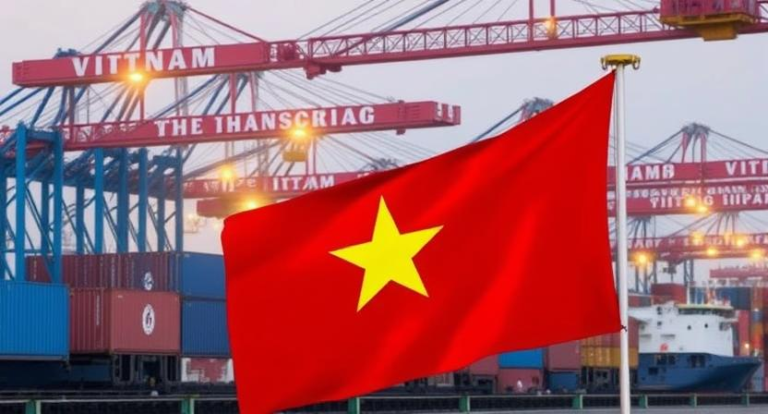In the fast-paced world of international trade, seamless logistics operations are essential for businesses to thrive. One critical document that facilitates smooth cargo movement is the Bill of Lading (B/L). This legal document serves as a receipt for shipped goods, a contract between parties, and a title of ownership. In Vietnam, where exports and imports are integral to economic growth, logistics agents play a crucial role in streamlining B/L documentation and ensuring hassle-free trade operations.
Understanding the Bill of Lading
A Bill of Lading is a legally binding document issued by a carrier to a shipper, confirming the receipt of goods for transport. It contains key information such as:- Shipper & Consignee Details
- Port of Origin & Destination
- Description of Goods (quantity, weight, type)
- Freight Terms (prepaid or collect)
- Carrier’s Signature
- Straight Bill of Lading – Non-negotiable, used when goods are assigned to a specific consignee.
- Order Bill of Lading – Negotiable, allowing goods to be transferred to another party.
- Bearer Bill of Lading – Can be transferred without endorsement, making it highly flexible in trade transactions.
How Vietnam’s Logistics Agents Simplify B/L Processing
Vietnam’s logistics sector has evolved significantly, with specialized agents leveraging technology and expertise to ensure smooth documentation. Here’s how they simplify the process:1. Digitalization of B/L Documentation
- Many logistics providers in Vietnam use Electronic Bill of Lading (eB/L) systems to reduce paperwork, prevent document loss, and expedite processing.
- Blockchain-enabled B/L solutions ensure data security and authenticity, minimizing fraud risks.
2. Compliance with International Trade Regulations
- Logistics agents stay updated on customs clearance procedures and ensure that B/L documents meet international regulatory standards.
- They help businesses navigate Vietnam’s trade agreements (e.g., CPTPP, RCEP) to facilitate smoother transactions.
3. Freight Forwarding & End-to-End Logistics Support
- Agents coordinate with shipping lines, customs brokers, and freight forwarders to handle B/L documentation efficiently.
- They ensure proper cargo tracking, preventing delays and discrepancies in shipping records.
4. Risk Mitigation & Dispute Resolution
- By ensuring accurate B/L details, logistics agents help prevent shipment disputes and cargo misrouting.
- They offer insurance advisory services to protect businesses from financial losses due to damaged or lost shipments.
Why Efficient B/L Processing Matters
- Faster Customs Clearance: Reduces hold-ups at ports, speeding up cargo movement.
- Cost Savings: Minimizes errors that could lead to penalties or additional charges.
- Enhanced Trade Relationships: Ensures smooth transactions between exporters, importers, and carriers.

